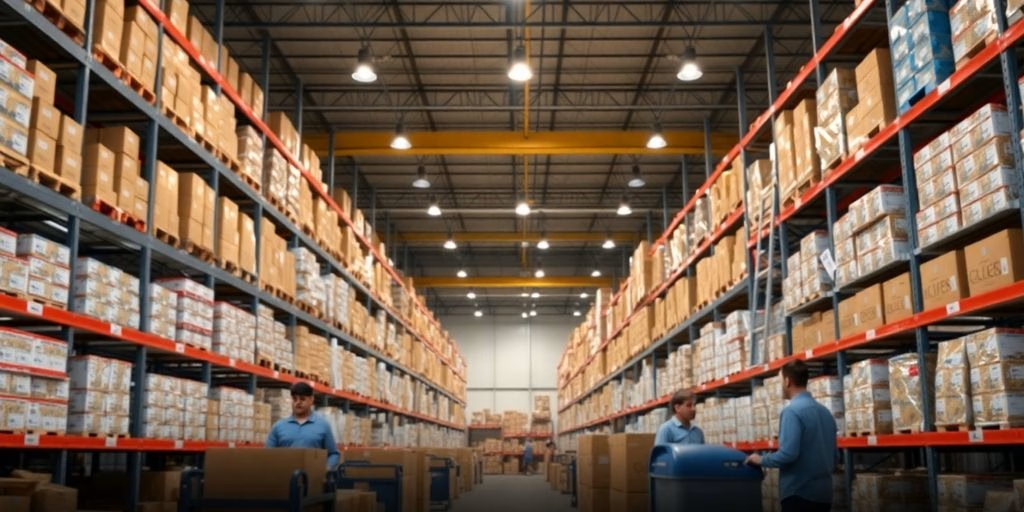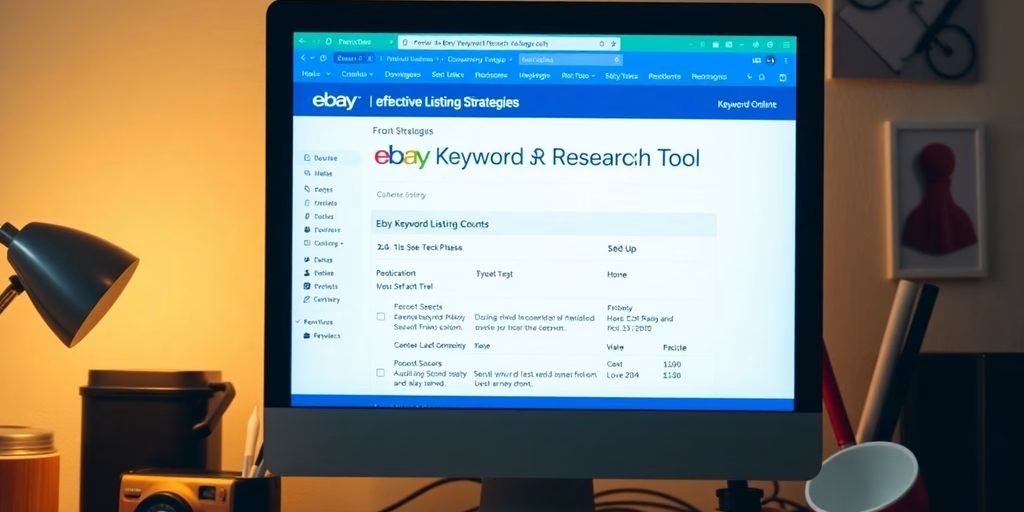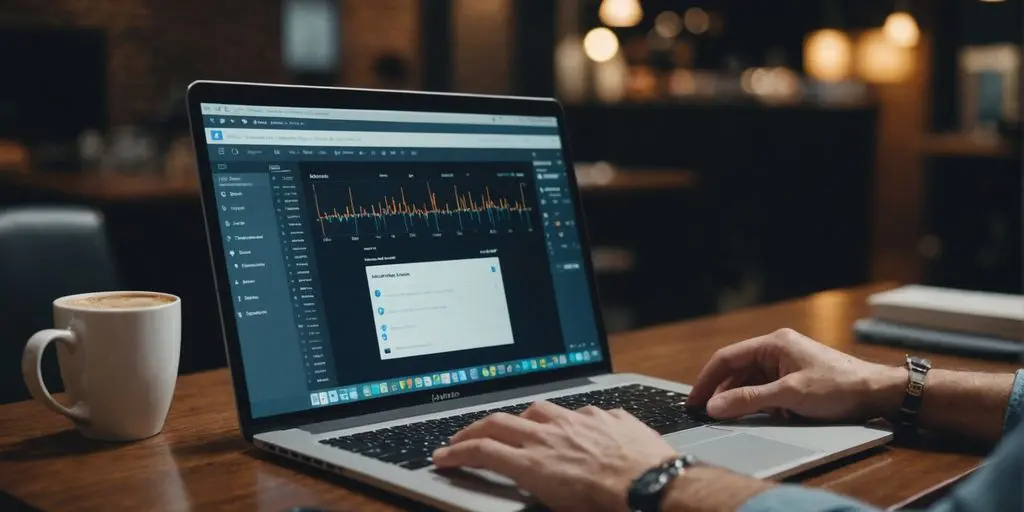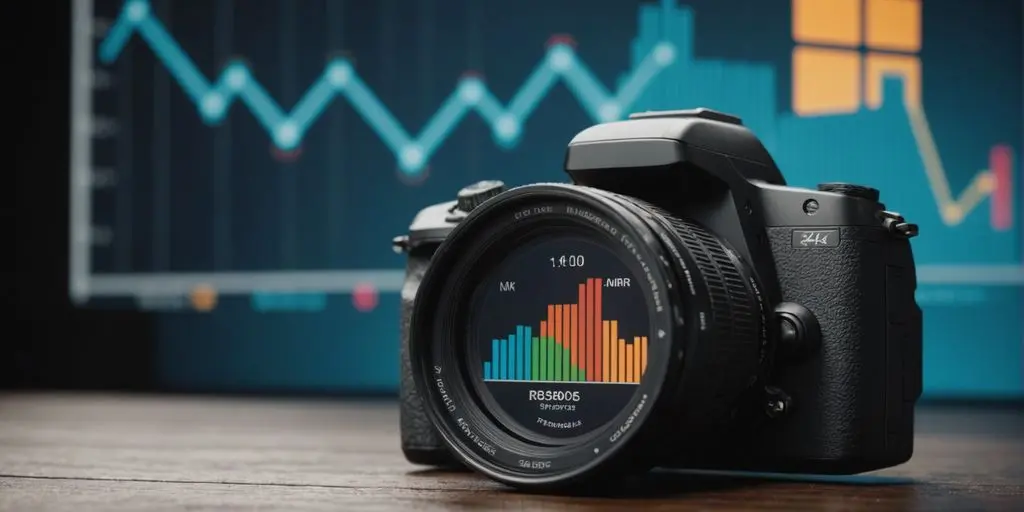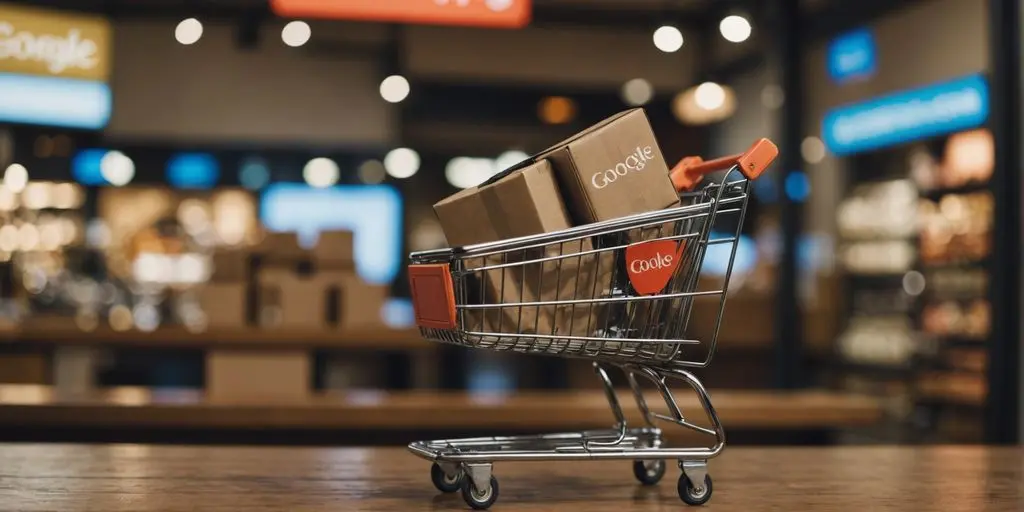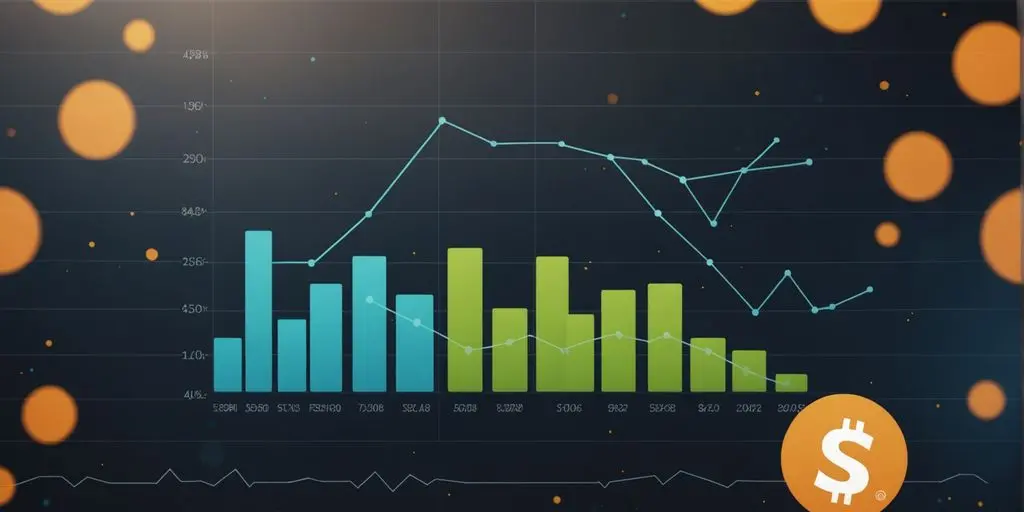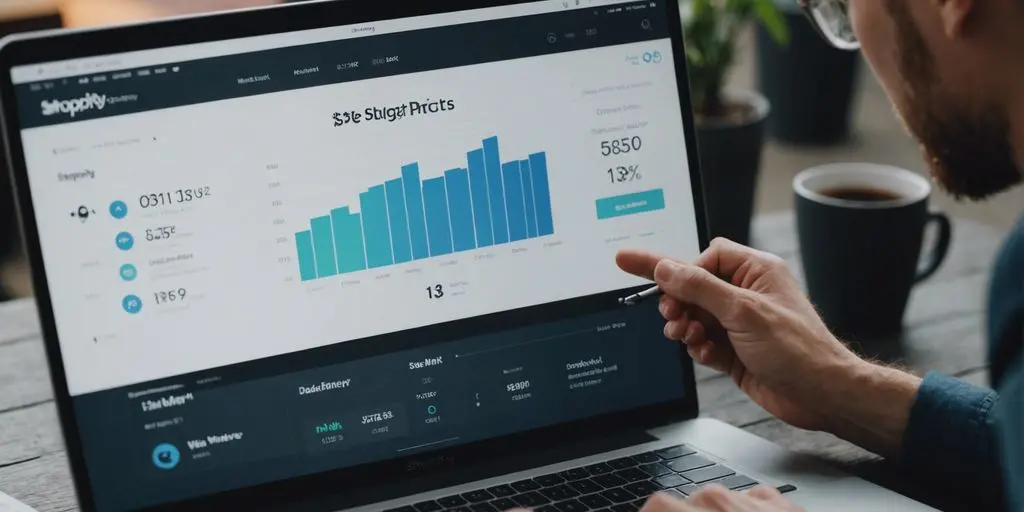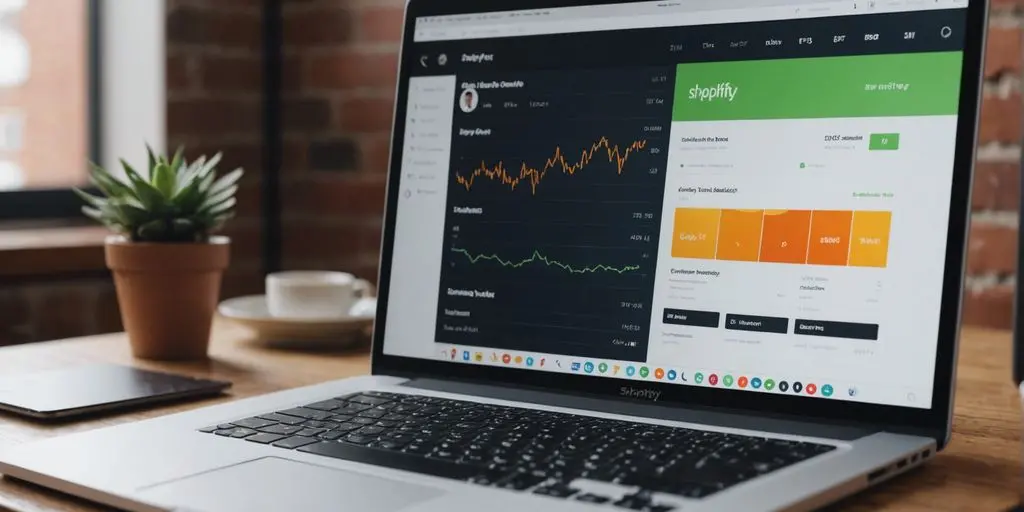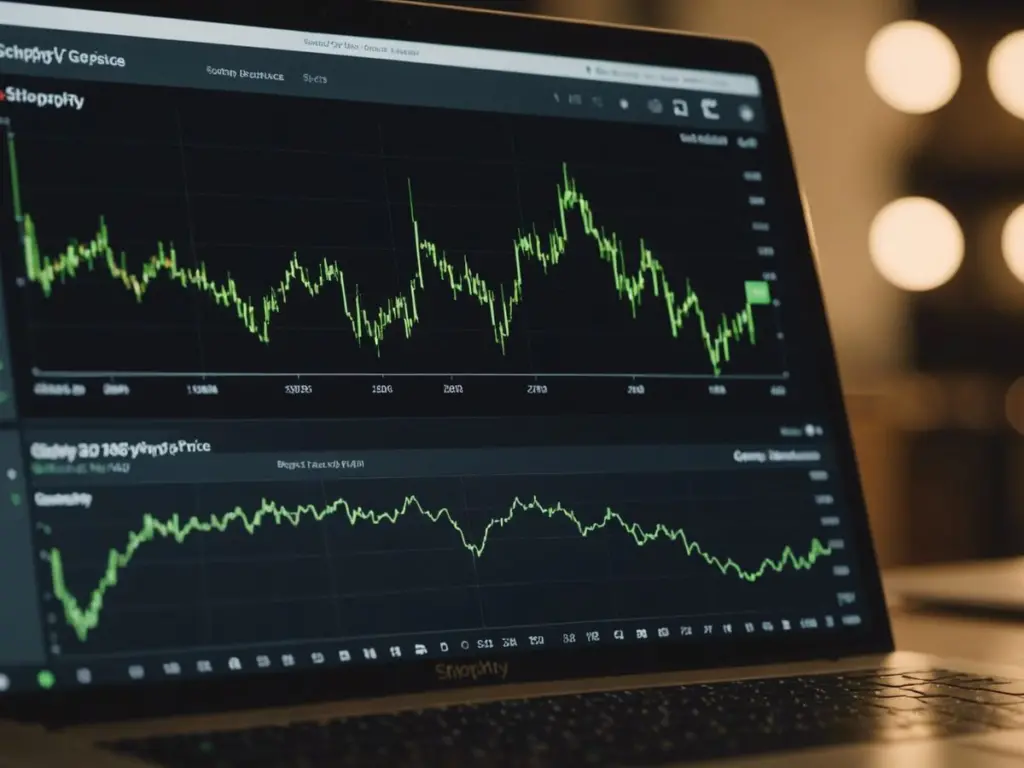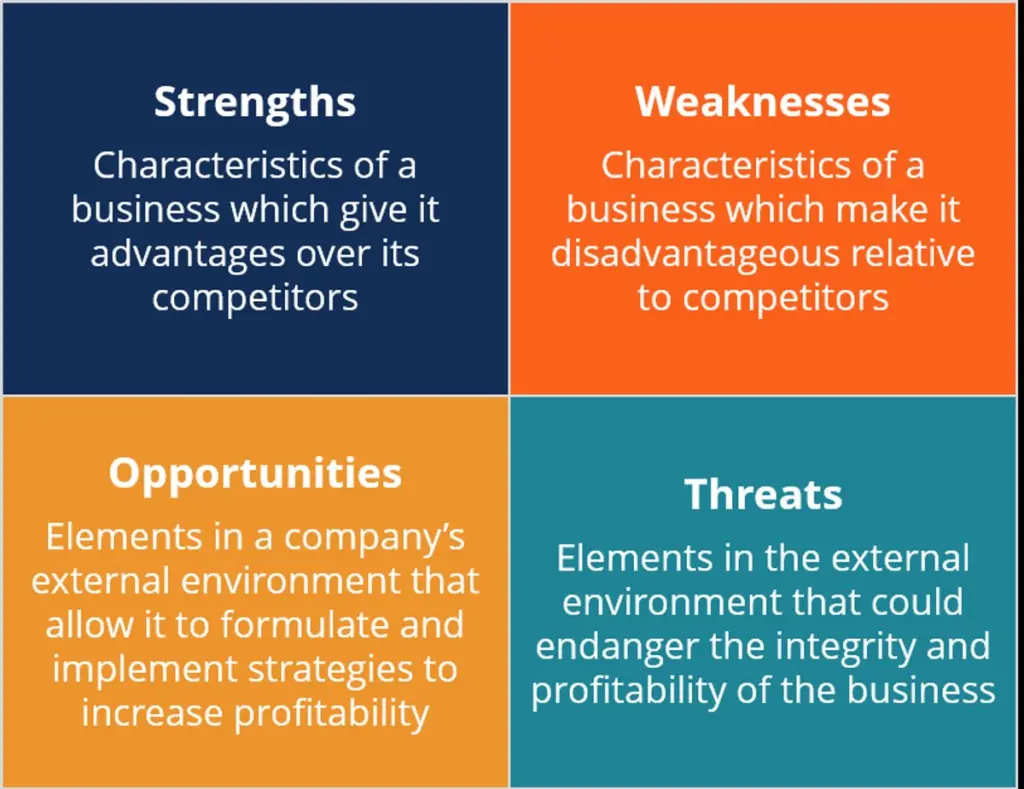In the bustling world of e-commerce, where competition is fierce and consumer attention is fleeting, the importance of Search Engine Optimization (SEO) for Shopify stores cannot be overstated. As merchants strive to carve out their niche in the digital marketplace, SEO serves as a powerful tool for improving visibility, driving organic traffic, and ultimately, boosting sales. Let’s delve deeper into why SEO is indispensable for Shopify stores and how it impacts various aspects of online business.
Daftar Isi
BeralihHal-hal Penting yang Dapat Dipetik
- Mastering Shopify SEO is essential for increasing visibility and driving organic traffic to your online store.
- Effective keyword optimization and avoiding common SEO mistakes can significantly boost your search engine rankings.
- Crafting high-quality content, including blogs and product descriptions, is crucial for SEO success.
- Technical SEO elements like site speed, mobile-friendliness, and structured data play a vital role in your store’s performance.
- Leveraging Shopify apps, tools, and off-page SEO strategies can further enhance your SEO efforts and overall online success.
Unlocking the Secrets of Shopify SEO

In this section, we’ll embark on a journey to uncover the secrets of effective Shopify SEO strategies. These insights can transform your online store from a mere digital presence into a thriving hub of activity. From understanding the power of search engine algorithms to harnessing the latest trends in e-commerce optimization, we’ll provide you with the tools and insights you need to elevate your Shopify store above the noise and captivate your target audience.
Understanding Search Engine Algorithms
Search engine algorithms are the gatekeepers of online visibility. They determine which websites appear at the top of search results and which are relegated to the depths of obscurity. Mastering these algorithms is crucial for any Shopify store owner. Algorithms consider factors like keyword relevance, site structure, and user experience. By understanding these elements, you can tailor your site to meet the criteria that search engines prioritize.
The Role of Keywords in Shopify SEO
Keywords are the backbone of SEO. They are the terms and phrases that potential customers type into search engines when looking for products or services. Incorporating the right keywords into your Shopify store’s content can significantly boost your visibility. Use tools like Google Keyword Planner to identify high-traffic keywords relevant to your niche. Remember, penempatan kata kunci yang strategis in product descriptions, meta tags, and blog posts can make a world of difference.
Common SEO Mistakes to Avoid
Even seasoned marketers can fall into common SEO traps. Avoiding these pitfalls can save you time and improve your search rankings. Here are some mistakes to watch out for:
- Keyword stuffing: Overloading your content with keywords can lead to penalties.
- Ignoring mobile optimization: A significant portion of traffic comes from mobile devices.
- Neglecting meta descriptions: These snippets are your first impression in search results.
By steering clear of these common mistakes, you can ensure your Shopify store remains in the good graces of search engines and continues to attract relevant traffic.
Crafting Killer Content for Shopify Success
Creating engaging blog content is a powerful tool for your Shopify store. By regularly publishing insightful posts that focus on your targeted keywords, you can significantly improve your Shopify SEO. Blog posts that solve problems, offer value, and entertain can attract a wider audience, encouraging more visits and backlinks. To enhance organic traffic, produce content that speaks directly to search intent and provides value for readers. Start by researching competitors and customers to identify the most pertinent keywords and topics of interest. Then, create insightful posts with solutions, tips, or advice specific to their field.
Optimizing product descriptions is another crucial aspect. Skillfully embed keywords in product titles, descriptions, and meta tags, balancing relevance and readability. High-quality visuals like images, videos, and infographics can also enhance your product pages, making them more appealing to both search engines and potential customers.
User-generated content is a hidden gem for Shopify SEO. Encourage your customers to leave reviews, share their experiences, and create content related to your products. This not only builds trust and authenticity but also provides fresh, keyword-rich content that can boost your search engine rankings.
Technical SEO: The Backbone of Your Shopify Store
Technical SEO is the unsung hero of your Shopify store’s success. It’s the behind-the-scenes magic that ensures your site runs smoothly and ranks well on search engines. Let’s dive into the key aspects of technical SEO that you need to master.
Site Speed Optimization
A fast-loading site is crucial for both user experience and SEO. Google loves speed, and so do your customers. Here are some tips to boost your site speed:
- Optimize images to reduce load times.
- Use a Content Delivery Network (CDN) to serve your content faster.
- Minimize the use of heavy scripts and plugins.
Mobile-Friendly Design
With more people shopping on their phones, having a mobile-friendly design is non-negotiable. Ensure your Shopify store is responsive and offers a seamless experience across all devices. This not only improves user experience but also boosts your SEO rankings.
Structured Data and Rich Snippets
Structured data helps search engines understand your content better, leading to rich snippets that can improve your click-through rates. Implementing schema markup on your Shopify store can make your product listings stand out in search results.
Remember, technical SEO is the backbone of your Shopify store. Without it, all your other SEO efforts could go to waste.
Leveraging Shopify Apps and Tools for SEO
When it comes to boosting your Shopify store’s SEO, the right tools can make all the difference. Shopify’s App Store is brimming with apps designed to streamline your SEO efforts. From automated audits to keyword suggestion tools, these resources can significantly ease your SEO journey.
Top Shopify SEO Apps
Equip yourself with the right arsenal. Consider integrating apps like SEO Manager or Plug in SEO to automate and enhance your SEO strategy. These tools can help you with everything from meta tags to sitemaps, ensuring your store is optimized for search engines.
Using Google Analytics for SEO Insights
Google Analytics is a powerful tool for gaining insights into your store’s performance. By tracking website visits and user engagement metrics, you can identify areas for improvement and make data-driven decisions to boost your SEO efforts.
Automating SEO Tasks
Automation is key to efficient SEO management. Shopify offers a range of apps that can automate various SEO tasks, such as managing page speed enhancements and URL redirects. By leveraging these apps, you can save time and focus on other aspects of your business.
Utilizing these apps can greatly improve your store’s SEO performance, not only on Google but also on other search engines.
Building Authority with Off-Page SEO

Off-page SEO is the secret sauce to boost your website’s domain authority with off-page SEO strategies like building high-quality backlinks, engaging in social media, and ethical link building for credibility and organic traffic. While on-page SEO focuses on optimizing your store’s content and code, off-page SEO involves actions taken outside your website to improve your search engine rankings. This includes link building and content marketing, which help establish your store’s authority and trust with search engines.
The Power of Backlinks
Backlinks are the backbone of off-page SEO. They act as votes of confidence from other websites, signaling to search engines that your content is valuable and trustworthy. To build quality backlinks:
- Reach out to reputable sites in your niche for guest posting opportunities.
- Create shareable content that naturally attracts links.
- Engage in broken link building by offering your content as a replacement.
Social Media and SEO
Social media platforms are not just for selfies and cat videos; they play a crucial role in your SEO strategy. By sharing your content on social media, you can drive traffic to your site and increase its visibility. Here’s how to leverage social media for SEO:
- Share your blog posts and product updates regularly.
- Engage with your audience through comments and messages.
- Collaborate with influencers to expand your reach.
Guest Blogging for Shopify
Guest blogging is a fantastic way to build authority and drive traffic to your Shopify store. By writing high-quality articles for other websites, you can showcase your expertise and gain valuable backlinks. To get started with guest blogging:
- Identify popular blogs in your niche that accept guest posts.
- Pitch unique and relevant topics to the blog owners.
- Write informative and engaging content that provides value to the readers.
Mastering on-page SEO is essential, but off-page SEO strategies are equally important for enhanced website performance. Techniques blend technical SEO with creative content to optimize for search engines and user experience.
Measuring and Improving Your SEO Performance

To truly excel in the digital marketplace, you need to keep a close eye on your SEO performance. Analisis reguler and adjustment of your SEO strategy based on performance data are crucial for maintaining and improving your rankings over time. Here’s how you can measure and enhance your SEO efforts effectively.
SEO Audits: What to Look For
Conducting regular SEO audits is essential for identifying areas of improvement. Focus on:
- Site speed and mobile-friendliness
- Keyword rankings and organic traffic
- Backlink quality and quantity
- User experience and engagement metrics
Tracking Key Metrics
Utilize tools like Google Analytics and Google Search Console to track your SEO performance. These tools provide insights into your website’s traffic, user behavior, and search rankings. Key metrics to watch include:
- Lalu lintas organik
- Bounce rate
- Tingkat konversi
- Keyword rankings
Continuous Improvement Strategies
SEO is not a one-time task but an ongoing process. Regularly update your content, optimize for new keywords, and build high-quality backlinks. Use SEO platforms like SEMrush and Ahrefs for advanced tracking and competitor analysis. Remember, the goal is to maximize online visibility with rich snippet optimization.
Improving your online store performance is a continuous journey. Use Shopify’s web performance dashboard report to measure how real users experience your online store and make data-driven decisions for ongoing improvement.
Local SEO: Putting Your Shopify Store on the Map

If your Shopify store serves local customers, optimizing for local SEO is a must. This involves ensuring your business is listed in key local directories with accurate contact details. Additionally, use local keywords in your content, titles, and meta tags. Customer reviews also play a significant role in your local search rankings.
Optimizing for Local Search
Untuk optimize your Google Business Profile for local search success, use local keywords, maintain consistent NAP (Name, Address, Phone number) across all platforms, encourage customer reviews, and select appropriate categories. Integrating Google Maps can further boost your visibility. Regular updates to your profile can lead to top rankings.
Google My Business for Shopify
Setting up and optimizing your Google My Business profile is crucial. Ensure your business information is accurate and up-to-date. Use local keywords in your business description and posts. Encourage satisfied customers to leave positive reviews, as these can significantly impact your local search rankings.
Local Link Building Strategies
Building local backlinks can enhance your local SEO efforts. Collaborate with local bloggers, participate in community events, and get listed in local business directories. These strategies can help you build authority and improve your local search visibility.
Pro Tip: A powerful SEO scanner with detailed reports and analysis can help you improve your Google ranking. Tools like StoreSEO can generate meta titles, descriptions, and tags with AI content optimization.
Boost your local SEO and put your Shopify store on the map! Our expert team is ready to help you achieve remarkable success. Send us a message about your business needs and we will contact you shortly.
Kesimpulan
In conclusion, mastering Shopify SEO is like having a secret weapon in the cutthroat world of e-commerce. By weaving together keyword optimization, technical tweaks, and a stellar user experience, you can transform your online store into a digital powerhouse. This guide has armed you with the know-how to boost your store’s visibility and lay down a rock-solid foundation for long-term success. So, stay sharp, stay savvy, and watch your Shopify store not just survive, but thrive in the bustling digital marketplace.
Pertanyaan yang Sering Diajukan
What is Shopify SEO and why is it important?
Shopify SEO refers to the process of optimizing your Shopify store to rank higher in search engine results. It’s important because higher rankings lead to increased visibility, more organic traffic, and ultimately, higher sales.
How do keywords impact Shopify SEO?
Keywords are crucial for Shopify SEO as they help search engines understand the content of your store. Proper keyword research and placement can improve your store’s visibility for relevant searches.
What are some common SEO mistakes to avoid on Shopify?
Common SEO mistakes include keyword stuffing, neglecting mobile optimization, ignoring meta descriptions, and failing to optimize images. Avoiding these can improve your store’s SEO performance.
How can I improve my Shopify store’s site speed?
Improving site speed can be achieved by compressing images, using a fast and reliable hosting service, minimizing the use of heavy scripts, and leveraging browser caching.
What are the benefits of using Shopify SEO apps?
Shopify SEO apps can automate many SEO tasks, provide insights and analytics, help with keyword research, and optimize various aspects of your store, making it easier to improve your SEO performance.
How do backlinks influence Shopify SEO?
Backlinks from reputable sites can significantly boost your Shopify store’s SEO. They act as endorsements, signaling to search engines that your site is trustworthy and relevant, which can improve your rankings.







